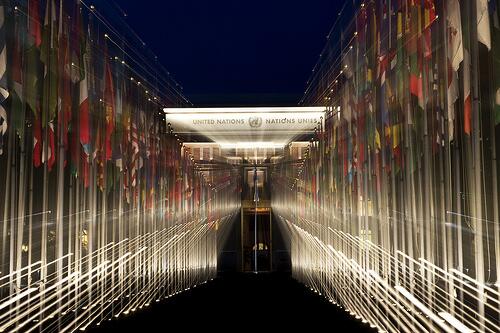
Mar 25, 2015 | Advocacy, Open letters
The ICJ today joined other NGOs in an open letter urging States at the UN Human Rights Council not to support a draft resolution on the ‘Effects of Terrorism on the Enjoyment of Human Rights’ in its present form and without substantial amendment.
The letter explains why the draft resolution, presented jointly by Egypt, Jordan, Algeria, Morocco and Saudi Arabia, is significantly unbalanced and suffers from four key and inter-related deficiencies:
First, the draft resolution calls for strengthening of counter-terrorism measures without sufficiently recognising that such laws and measures must be in conformity with international human rights, refugee and humanitarian law and refugee law.
Second, the resolution fails to call on States to ensure that laws and measures on counter-terrorism and national security do not hinder the work and safety of human rights defenders and other civil society actors; and to ensure that such laws and measures clearly identify which offences qualify as terrorist acts by defining transparent and foreseeable criteria.
Third, the text fails to recognise that support for a vibrant and pluralistic civil society and respect for the fundamental rights of freedom of expression, association and assembly are essential to combat extremism, counter terrorism and provide protection, support and justice to victims.
Fourth, while the draft resolution has been presented by the core group as taking a ‘victim-centered’ approach, the text fails to respond to what victims of terrorism have themselves expressed to the Council is needed to respect and fulfill their human rights. To the contrary, the resolution appears to continue the regrettable practice of invoking the suffering victims of terrorism to justify measures that too often are abused to violate human rights, without delivering real justice, remedy, and support to the victims themselves.
In conclusion, the letter urges delegations not to support the draft text without very substantial amendments, and suggests that a preferable approach may be to consider the concerns sought to be addressed in the present text when the Council comes to negotiate its traditional bi-annual resolution on human rights and countering terrorism at its 31st session in March 2016.
The Open Letter is signed jointly by: African Centre for Democracy and Human Rights, Amnesty International, ARTICLE 19, Asian Legal Resource Centre, Cairo Institute for Human Rights Studies, Centro de Estudios Legales y Sociales (CELS), East and Horn of Africa Human Rights Defenders Project, Egyptian Initiative for Personal Rights, FORUM-ASIA, Human Rights House Foundation, Human Rights Watch, International Commission of Jurists, International Federation for Human Rights (FIDH) and International Service for Human Rights.
The full letter may be downloaded in PDF format here: Universal-HRC28-TerrorismHumanRights-Advocacy-OpenLetter-2015-ENG
The draft resolution may be downloaded here: HRC28 Draft Terrorism Human Rights Resolution
Update 26 March 2015: The resolution was adopted, with an oral amendment, by vote of the Council (25 in favour, 16 abstentions, 6 against): Terrorism 2015 vote
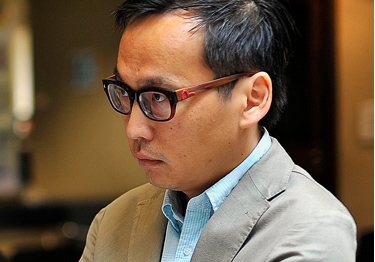
Mar 23, 2015 | News
The arrest and criminal investigation today of prominent human rights Malaysian lawyer Eric Paulsen, apparently in connection to messages he sent on Twitter, is another move towards Malaysia’s accelerating use of the archaic and draconian Sedition Act, said the ICJ.
Eric Paulsen (photo), co-founder of Lawyers for Liberty, was arrested in the afternoon of 22 March 2015 at the Dataran Merdeka underground in Kuala Lumpur.
Although the exact basis of the arrest is not yet clear, his lawyers believe it was because of his Tweets criticizing efforts to introduce religion-based criminal offences and punishment (hudud) by the Kelantan state government.
Eric Paulsen was detained overnight and has yet to be charged with any offence. During the remand hearing on his case at noon today, the court denied an extension of his detention, but the police kept him in detention until 6pm today for questioning.
According to media reports, the postings “were seen as an insult which could disturb public peace,” one of the bases for invoking the Sedition Act.
“Malaysian authorities have been increasingly resorting to the Sedition Act to silence any political criticism, and now they’ve taken the alarming step of expanding it to cover even statements about religion,” said Emerlynne Gil, International Legal Advisor for Southeast Asia at the ICJ. “The Malaysian government is trying to position itself as the authority on religious matters, while at the same time violating the right to free expression as well as Malaysia’s Constitution.”
On 22 March 2015, Malaysia’s Inspector-General of Police (IGP) Tan Sri Khalid Abu Bakar, commented through his own Twitter account that the police “views seriously” comments on religion made by those who are “not experts on the subject.” He further said, that the police “ha[ve] no choice but to take action” against those people who comment on religion.
The IGP’s comments were made in relation to the launching of an investigation against the Business Radio Station (BFM) and its presenter, Aisyah Tajuddin, for criticizing the implementation of hudud in Kelantan.
In 2012, Prime Minister Najib Razak promised that the Government of Malaysia would abolish the Sedition Act.
This promise, however, was reversed when Najib Razak announced in November 2014, that the Act would instead be strengthened to include provisions to protect the sanctity of Islam and on the secession of the Sabah and Sarawak states.
“The Sedition Act of 1948 is archaic and it’s high time the government followed through on its promise to get rid of this legislation,” said Emerlynne Gil.
This is Eric Paulsen’s second investigation under the Sedition Act this year, as he was arrested in January and then charged in February under section 4(1)(c) of the Act for a Twitter comment regarding the Malaysian Islamic Development Department.
The ICJ underscores that the Government’s actions contravene Principle 23 of the UN Basic Principles on the Role of Lawyers, which states that “lawyers like other citizens are entitled to freedom of expression, belief, association and assembly.
In particular, they shall have the right to take part in public discussion of matters concerning the law, the administration of justice and the promotion and protection of human rights….”
Background:
The 1948 Sedition Act, originally enacted by the British colonial government and amended several times over the years, criminalizes speech and publications considered to have “seditious tendencies”.
The term “seditious tendencies” is ambiguously defined to mean any kind of speech or publication that causes “hatred or contempt, or excite disaffection” against any ruler or the government or promotes “ill will and hostility between the different races or classes”.
The law also considers “seditious” any speech or publication that questions the special privileges of the Malay people, as provided in the Constitution.
Furthermore, sedition is a strict liability offence in Malaysia, which means that the intention of a person allegedly making seditious statements is irrelevant.
For instance, a person making a statement may not have the intent to cause “hatred or contempt” towards the government, but may nonetheless be held liable for sedition if authorities believe that the person in fact incited such feelings.
The ICJ considers that the Act, by its very terms, contemplates restrictions on the exercise of freedom of expression that are grossly overbroad and inconsistent with basic rule of law and human rights principles.
Contact:
Emerlynne Gil, ICJ’s International Legal Adviser for Southeast Asia, e: emerlynne.gil(a)icj.org, t +66 2 619 8477 ext. 206 or +66 840923575
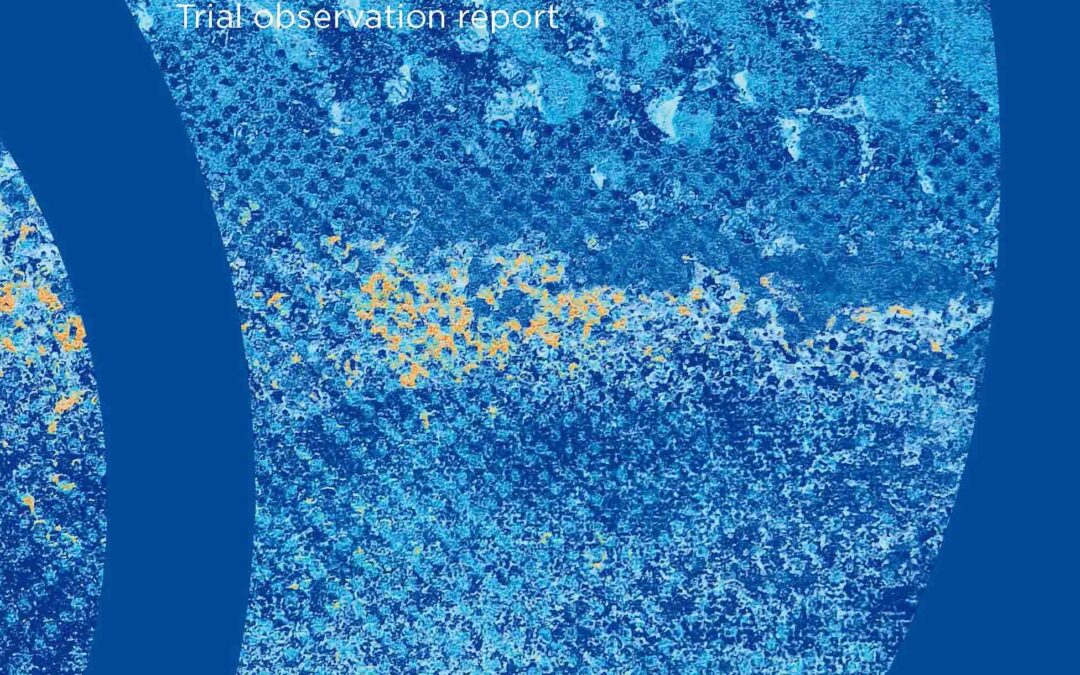
Mar 20, 2015 | Доклады, Доклады судебного наблюдения, Публикации
Доклад о наблюдениях за судебными слушаниями по делам “Иностранных агентов” рассматривал четыре дела, связанные с применением поправок к Закону «Об НКО» 2012 года.
Доклад подготовлен по итогам наблюдения, проведённого Международной комиссией юристов (МКЮ) за судебными заседаниями по каждому из дел, которые состоялись в 2013- 2014 годах, а также основывается на информации, полученной от российских юристов и НКО.
В нем рассматривается вопрос о соблюдении права на справедливое судебное разбирательство в ходе заседаний, за которыми наблюдала МКЮ. Данное право гарантируется международными договорами в области прав человека, такими как Европейская Конвенция о защите прав человека и основных свобод («Европейская Конвенция по правам человека» или «ЕКПЧ») и Международный пакт о гражданских и политических правах («МПГПП»), участником которых является Российская Федерация и которые она обязана выполнять.
Особое внимание в докладе уделяется некоторым аспектам судопроизводства, которые вызывают обеспокоенность в связи с нарушением права на справедливое судебное разбирательство.
Russian Federation-NGO Foreign Agents-Publications-Trial Observation Report-2015-RUS (полный доклад на русском, PDF)
Читайте также:
Российская Федерация: Доклад о судебном разбирательстве в Конституционном суде и решение о внесении закона по «Иностранным агентам» в Закон об НПО
Российская Федерация: МКЮ выражает обеспокоенность в связи с решением суда о регистрации в качестве иностранного агента
Российская Федерация: изменения в ФЗ “О некоммерческих организациях”, вводящие понятие иностранного агента, нарушают право на свободу объединений и выражения мнений
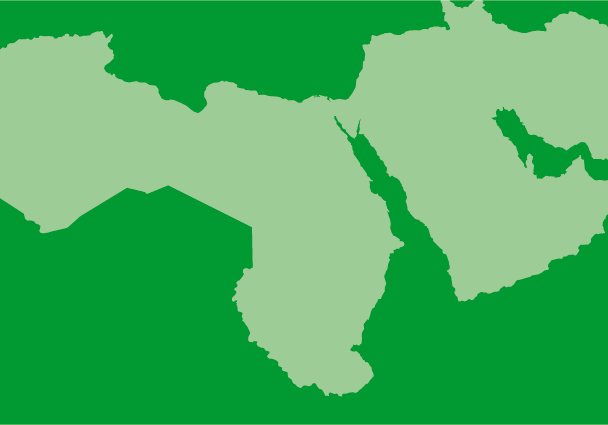
Mar 20, 2015 | Advocacy
The ICJ today joined a call with Libyan, regional and other international NGOs for the Human Rights Council to create an independent inquiry mechanism into serious human rights and humanitarian law violations in Libya.
The escalating armed conflict and significantly deteriorating human rights situation in Libya requires a strong and urgent response from the Human Rights Council.
The statement calls for the creation of an independent inquiry mechanism with the mandate to investigate and ensure accountability for gross human rights and humanitarian law violations occurring throughout the country including attacks on civilians, the widespread use of torture, arbitrary detention, enforced disappearances and unlawful killings.
The statement outlines the ongoing impunity for those responsible for violations, the inability of the Libyan criminal justice system to deal with such crimes and it calls on the Human Rights Council to encourage Libya’s cooperation with the ICC.
Libya-HRC joint Statement-Advocacy-2015-ENG (full text in PDF)
Libya-HRC joint Statement-Advocacy-2015-ARA (full text in PDF)
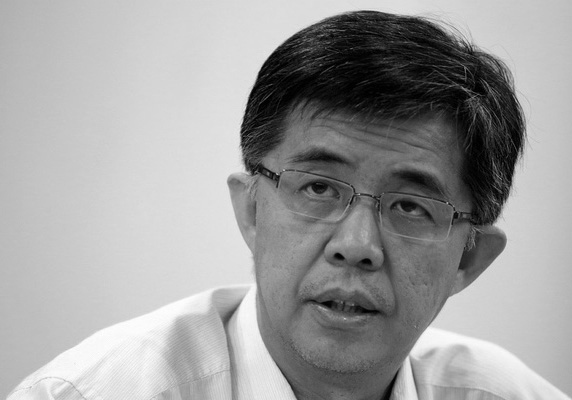
Mar 20, 2015 | News
The Malaysian government should immediately release from detention Malaysian Parliamentarian Tian Chua, the ICJ said.
Tian Chua, who is also Vice President of the opposition Parti Kaedilan Rakyat (PKR), was arrested today for allegedly committing acts under section 143 of the Penal Code on unlawful assembly.
The arrest took place before noon after Tian Chua voluntarily appeared at the Dang Wangi police station in Kuala Lumpur to provide a statement in connection with the investigations regarding his participation in the peaceful KitaLawan rally on 7 March 2015.
The police detained Tian Chua before he could provide his statement.
He has so far not been charged with any offence.
However, if he is charged under section 143 of the Penal Code and convicted, he may be imposed the penalty of imprisonment for up to six months or fined, or both.
“At least 11 opposition figures associated with the KitaLawan rally have now been targeted by the authorities, who have been arresting and detaining them for 24 hours as a form of harassment and intimidation,” said Emerlynne Gil, ICJ’s International Legal Advisor for Southeast Asia. “It seems that Malaysia is rapidly returning to the dark days during the late 1980s of systematic pretrial and arbitrary detention under the Internal Security Act.”
The KitaLawan rally was convened in protest at the conviction and imprisonment of opposition leader Anwar Ibrahim, who was sentenced to five years’ imprisonment in February 2015 on charges of sodomy, following a trial conducted in violation of international human rights standards.
The ICJ underlines that in the absence of charges for a cognizable criminal offence not predicated on the exercise of a protected human right, Tian Chua and the other individuals who participated at the KitaLawan rally should not have been arrested and any form of harassment against them must be ended.
Under Malaysian law, police arresting a person without a warrant has to bring the arrested person before a judge “without unnecessary delay”.
The law also provides that no person arrested without a warrant shall be detained for more than 24 hours before being presented to a judge.
“The authorities are abusing their powers and using the law as a form of punishment even before they are convicted of, or even charged with, an actual crime in violation of Tian Chua’s right to presumption of innocence,” added Gil. “This abuse of pretrial detention as a form of harassment aggravates the repressive atmosphere created by the recent misuse of sedition laws to silence critics.”
Tian Chua is expected to be held overnight in prison. He will have his remand hearing on 21 March in the morning.
The ICJ calls for Tian Chua’s immediate release and urges the Government of Malaysia to end all forms of harassment against persons for their participation in peaceful assemblies.
Contact:
Emerlynne Gil, ICJ’s International Legal Adviser for Southeast Asia, e: emerlynne.gil(a)icj.org, tel. no.: +66 2 619 8477 ext. 206 or +66 840923575









